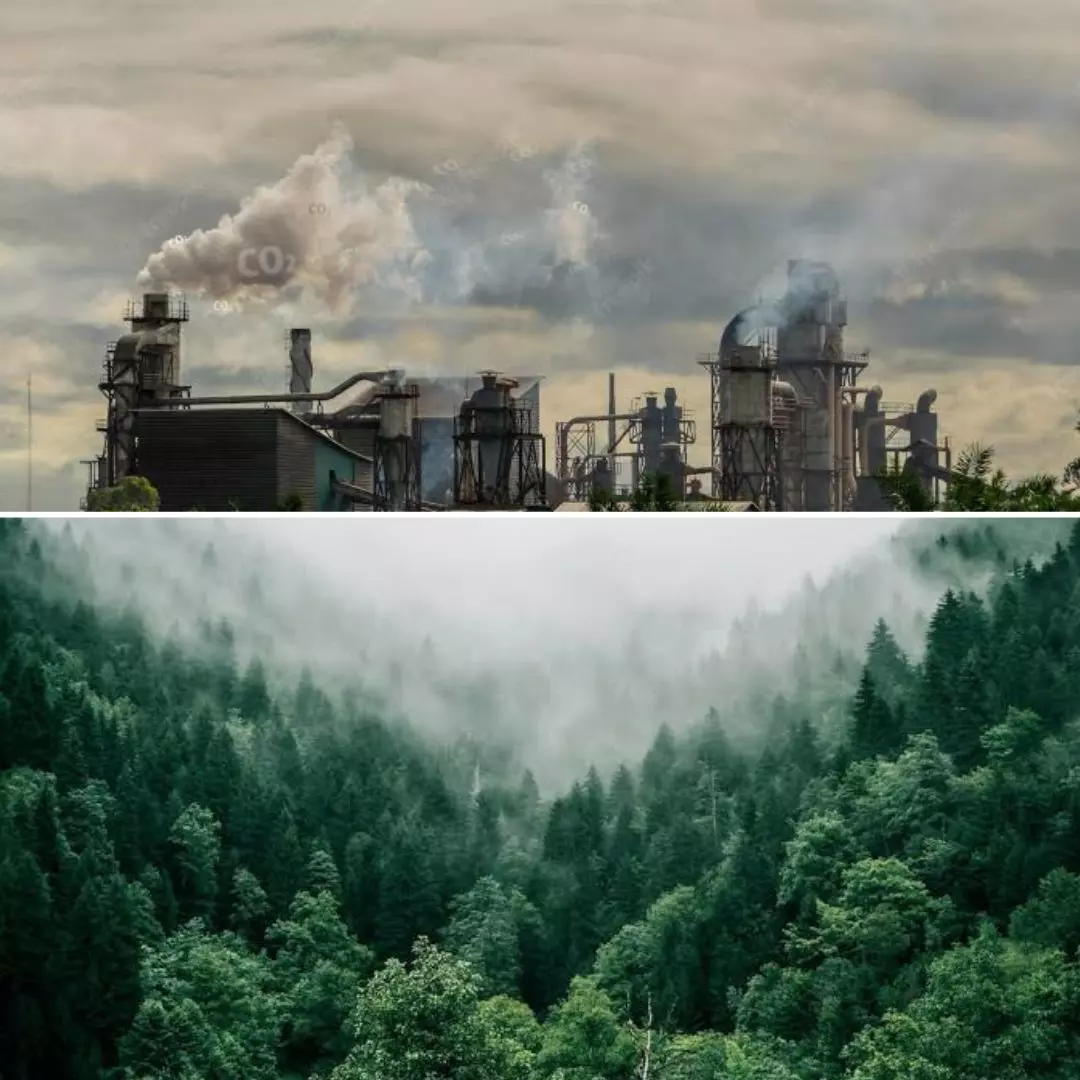A recent study published in the Nature journal has found that the world’s forests are losing their ability to absorb carbon due to the increasingly ‘unstable’ conditions caused by human activities. The forest expanse and other habitats that store carbon in plants and soils have observed dramatic changes. Scientists noted that this has led to less carbon being absorbed by the natural ‘land carbon sink’ provided by trees, soil, and plants. Ecosystems currently absorb almost one-third of the carbon emissions created by humans, and once they absorb lesser carbon, the earth’s natural ability to curb climate change diminishes.
Forests Turning Into Scrub Lands
The study published on February 22 revealed that the impacts of rising temperatures, deforestation, and farming on vulnerable landscapes are much deeper than seen on the surface. In the longer term, carbon stores on these lands grow less likely to recover, and it also reduces the overall storage capacity, which enabled them to absorb carbon. With natural resources losing their capacity to absorb carbon, global efforts to lower levels of greenhouse gases would get further undermined. This would mean that apart from the existing plan in place, human-made carbon emissions would have to be brought down even faster than previously thought.
Dr Patrick McGuire, a climate scientist and co-author of the study, stated, “We found that large regions of the world are vulnerable to sudden and dramatic changes to their landscape because the ability of their ecosystems to absorb carbon starts to destabilise.” Elaborating this with an example of forest fires in California, McGuire conveyed that the repeated incidents have reduced the land’s overall ability to take carbon out of the atmosphere as it did before. This is mostly because more fires meant the forest turned to scrub land. It then further pushes ahead the land’s vulnerability to the effects of climate change.
Variations Posing Challenges To Solutions
From 1981-2018, ecosystems worldwide have moved through different phases of high productivity, where plants were able to take in more carbon, to lower productivity, where plants grow less likely to absorb carbon. These fluctuations expose the landscape to the drastic impact of climate change as it may be unable to adapt. The study identified regions such as the Mediterranean Basin, the west coasts of North and Central America, and the Southeast Asia, as most at risk.
However, the researchers also noted that there are parts of the world where carbon absorption levels are consistent, and it is less likely the ecosystem would collapse due to carbon fluctuations. According to Hindustan Times, these regions include the tropical forests of the Amazon, and parts of central and northern Europe, where the carbon absorption capacity has notably increased. Such global variations could make predicting the global impact of schemes and implementation of solutions tougher.
https://thelogicalindian.com/h-upload/2023/02/27/500x300_230119-untitled-design-12.webp
Environment
2023-02-27 11:42:30.0
World’s Forests Losing Ability To Absorb Carbon Due To Climate Change, Reveals Study











